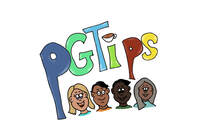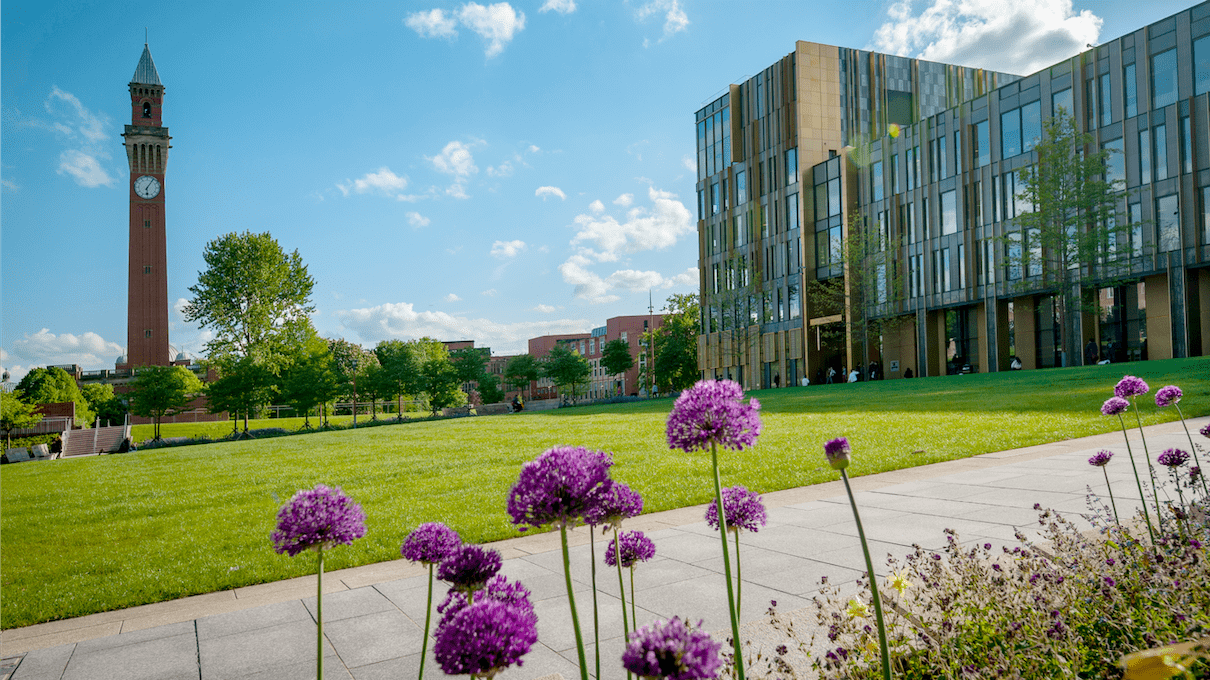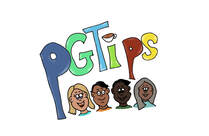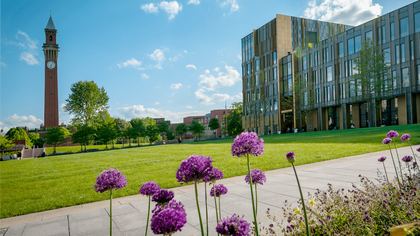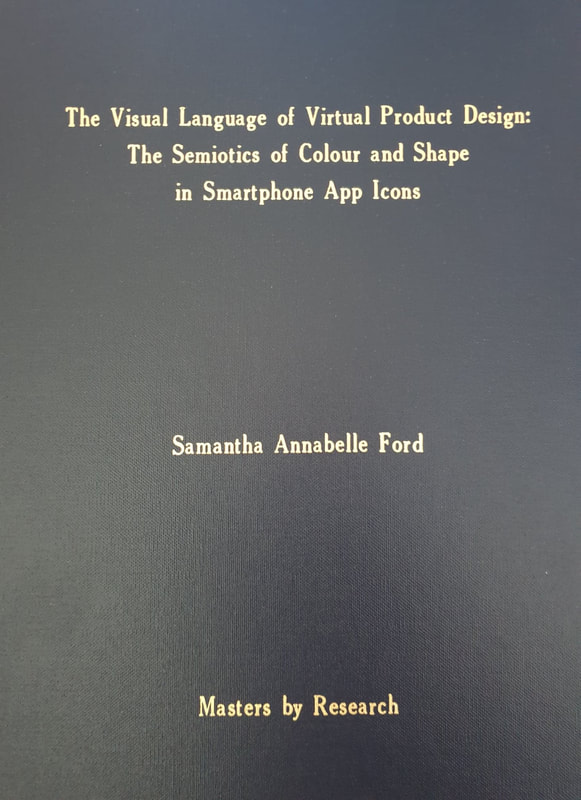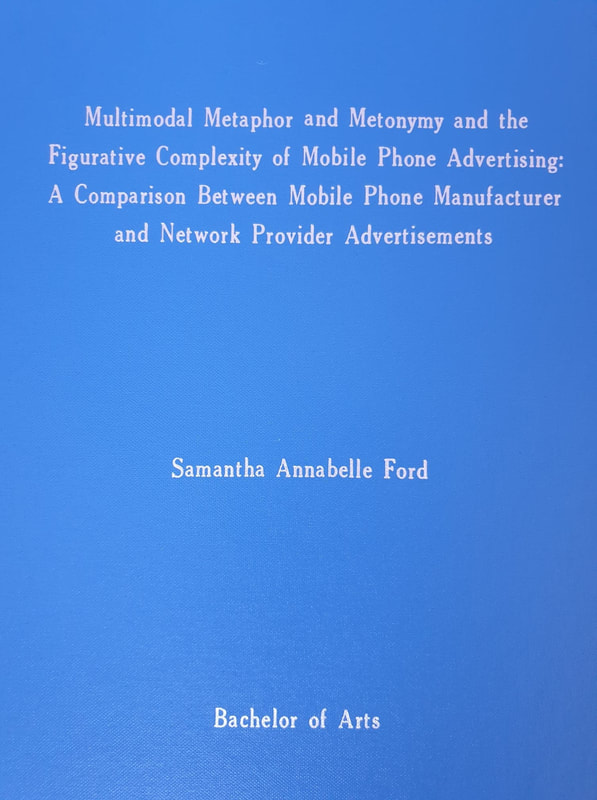|
I conducted creative testing with the Pakistani community across the UK to measure attitudinal and behavioural responses to a NHS booster campaign prior to its launch. Key motivational factors for vaccine booster uptake were that (1) the vaccine was seen as an responsible act of care for one's family and community, (2) equal and authentic representation of genders was crucial, and (3) figurative messaging of 'in our blood' was appealing and persuasive. Other insights informed the campaign design.
1 Comment
At the beginning of the 2020 academic year, I volunteered to run PG Tips with Stephen Appleton. PG Tips is a postgraduate group for postgraduate researchers based in the Department of English Language and Linguistics at the University of Birmingham. It was tradition that PG Tips host the annual Birmingham English Language Postgraduate Conference. Due to the Coronavirus pandemic outbreak in the UK forcing us into lockdown in March 2020, the BELP Conference was unable to go ahead that year.
Since then, however, PG Tips has been continuing to run online via the conference platform Zoom, developing the postgraduate researcher community in the department, with students tuning in from different countries across the world. With the support of technology and experience of conferences shifting online, Stephen and I strongly believed in the benefit of running the BELP Conference in the year 2021. Moving from initial planning stages with Stephen, and with the help of many volunteers from the postgraduate community, we were able to launch the conference; to take place on Friday 23rd April 2021. It has been my great pleasure (and a lot of hard work!) to make BELP happen this year. I believe that community and collaboration is something integral not just to research but also to our human nature, which we need to facilitate and nurture at every opportunity. The conference welcomes postgraduate researchers and taught postgraduates to attend and present their work and engage in academic discussion. I am also delighted to invite and welcome distance-learning students and undergraduates to attend the conference. The conference has a diverse range of sessions, from plenary speaker Viola Wiegand talking about (corpus) linguistics and open research, to a round table panel discussion with Ashley Blake, Nouf Alharbi, and Bingjun Zhang talking about progressing with a PhD during COVID-19, to a variety of oral presentations and poster presentations from delegates. While I have led the organisation of the conference for 2021, I must acknowledge and give my sincere thanks and appreciation to volunteers from the postgraduate community in the department: Nouf Alharbi, Stephen Appleton, Ashley Blake, Sharon Glaas, Eloise Parr, Qiuyi Sun, Eleanor Vivian, Greg Woodin, Keith Wilson, and Bingjun Zhang; and Amélie Doche; and staff members: Joe Bennett, Marcus Perlman, and Viola Wiegand (BELP2021 plenary speaker). I hope all delegates of the conference enjoy the day and thank you all for your support of this event. The Birmingham English Language Postgraduate Conference - known as BELP - is an annual conference for Postgraduate students in English Language and Applied Linguistics. Since 1998, BELP has provided postgraduate researchers with a platform to present work and network with researchers in the fields of English Language and Applied Linguistics. The 2021 conference is entirely virtual, operating on the Zoom conferencing platform in order to be as inclusive as possible during the Coronavirus pandemic.
The BELP Conference 2021 registration is now open. The invitation to attend the conference extends to all PGs (research/taught) and UGs in the English Language and Linguistics department at the University of Birmingham. The conference will take place on Friday 23rd April 2021. Register here: https://belpconference2021.weebly.com/registration.html Programme (schedule & abstracts): https://belpconference2021.weebly.com/programme.html PGTips is now on Twitter and will be tweeting about the conference. I encourage conference delegates to follow the account @PGTipsUoB and to use the hashtag #BELP2021. More information about the conference can be found here: https://belpconference2021.weebly.com/. Most talks will be recorded and will be made accessible to delegates after the conference. There will be plenty of opportunity during the conference day to network and discuss research. See you there!
With my recent work on the EMMA project and starting my PhD, there is a lot of new research to talk about! And Summer 2020 is going to be the time to gain some crucial feedback on my work so far. This Summer, I will be presenting at several international conferences in Bulgaria, Norway, and Spain, and in the UK. I will also be returning to assist in the running of the 3rd Statistics for Linguists Summer School at the University of Birmingham.
Citation:
Ford, S. (2019). The Visual Language of Virtual Product Design: The Semiotics of Colour and Shape in Smartphone App Icons. (Master’s by Research dissertation, University of Birmingham, UK, 15th July 2019). Retrieved from: https://www.samantha-ford.com/publications.html.
use of innovative technology. With a particular emphasis on non-profit organisations, the advertising campaigns and creative designs produced by Big Cat containing figurative messaging will be tested using eye-tracking technology (ET), qualitative interviews, and electrodermal activity measurement (EDA).
Citation:
Ford, S. (2017). Multimodal metaphor and metonymy and the figurative complexity of mobile phone advertising: A comparison between mobile phone manufacturer and network provider advertisements. (Bachelor's dissertation, University of Birmingham, UK, 5th July 2017). Retrieved from: www.samantha-ford.com/publications
The annual Undergraduate Research Scholarship has a range of academic projects that undergraduate students can apply to get involved with. The project I applied for in June and July in 2016 was called math, music and metaphor. It looked into the use of metaphor by children and teachers in math and music classes, specifically at how they use metaphors not only in their spoken language but also as part of their gestures, to aid learning.
In the video, Paula Perez-Sobrino, Post-doctoral Research Fellow, reflects on my assistance in the scholarship scheme. Working side by side and closely with such a promising student, Samantha, it was actually a really wonderful experience. "I wanted to have an insight into the academic world, and be able to work on a project with academics on a project that I was interested in, specifically about metaphor, and learn about the types and applications of metaphor in the spoken word, but also in gestures. It was that kind of information I could use for my future studies such as my dissertation now my master's degree next year." - Samantha Ford Paula Perez-Sobrino, Post-doctoral Research Fellow, reflects on Samantha's assistance in the scholarship scheme: "Thanks to Samantha's help, we were able to transcribe all the data we had at the time; we had a lot of hours of recording. And thanks to her help, we were able to put them together to annotate it. We're now putting together a proposal for ESRC and thanks to all the help within the scheme, we were able to be in a better position to apply for that sooner." "The project helped us as academic staff to forge closer relationship with the students and it was also highly rewarding to see how our personal research research interest is also inspiring university students that hopefully will become Junior researchers." "Working side by side and closely with such a promising student, Samantha, it was actually a really wonderful experience." |
Categories
All
Archives
October 2022
|
Photos from wuestenigel (CC BY 2.0), wuestenigel

